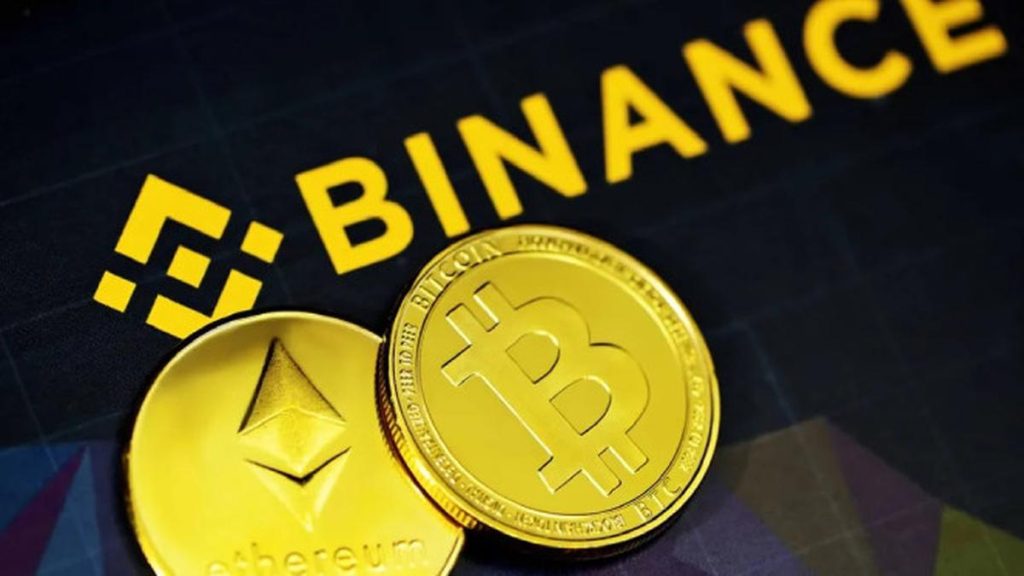The recent announcement by the Securities and Exchange Commission (SEC) regarding Binance’s activities in Nigeria has worsened the difficulties experienced by Nigerians who want to engage with cryptocurrencies.
In a circular issued on June 9, 2023, the SEC stated that Binance, a prominent global cryptocurrency platform, lacks registration and regulation by the SEC, making its operations in Nigeria illegal. This regulatory action by the SEC has raised concerns about the future of cryptocurrency investments in Nigeria, and it may have implications for other platforms as well.
This article delves into the consequences of the SEC’s prohibition on Binance, investigates the wider regulatory environment, and explores the viewpoints of cryptocurrency industry experts.


The SEC Ban and its Impact
The SEC’s circular explicitly cautions Nigerians about participating in cryptocurrency transactions on Binance and emphasizes the personal risks involved. The SEC highlights that Binance Nigeria Limited operates unlawfully and advises individuals to exercise caution when investing in crypto-assets through unregistered or unregulated platforms. The commission also instructs Binance Nigeria Limited to immediately stop soliciting Nigerian investors.
The ban imposed by the SEC on Binance carries significant importance, especially considering Binance’s position as the world’s largest cryptocurrency platform. This development comes in the wake of various regulatory challenges faced by Binance globally, including recent charges brought against the platform by the US Securities and Exchange Commission. Binance US has already taken regulatory enforcement actions by suspending USD deposits and withdrawals.
The consequences for the cryptocurrency market
The SEC’s actions against Binance are anticipated to disrupt the cryptocurrency market in Nigeria, compounding the concerns raised by the closure of other well-known platforms like Paxful. Nevertheless, experts suggest that the ban may not have a significant impact on crypto users since there are currently no licensed exchanges in Nigeria. Chimezie Chuta, the Founder and Coordinator of Blockchain Nigeria User Group, asserts that despite the absence of licenses, cryptocurrency trading continues to thrive in Nigeria. He argues that the SEC’s move is primarily a response to the tax regulations imposed on cryptocurrencies by the Federal Inland Revenue Service (FIRS). While the issue of legitimacy remains, Chuta believes that traders are already aware of the risks and challenges associated with unregulated platforms.
Navigating through the regulatory environment
Obtaining a license in Nigeria for crypto platforms necessitates having a bank account, which poses a considerable obstacle due to the ban on cryptocurrencies in the formal financial system by the Central Bank of Nigeria. This restriction makes it challenging for legitimate platforms to adhere to the licensing requirements, thereby limiting the options available to users for seeking legal recourse in the event of disputes. Chimezie Chuta highlights that even though Binance is registered as a technology company in Nigeria, it still requires licensing from the SEC due to its involvement in regulating the capital market. The intricate nature of regulatory frameworks in Nigeria presents a significant barrier for both platforms and users, creating complexities in compliance and operations.
The SEC’s ban on Binance in Nigeria has further compounded the challenges faced by crypto enthusiasts in the country. While it is likely to disrupt the crypto market, its impact may be mitigated by the absence of licensed exchanges and the industry’s familiarity with unregulated platforms. However, the regulatory landscape remains complex, with the requirement of a bank account for licensing clashing with the Central Bank’s ban on crypto in the formal financial system. As Nigeria grapples with these issues, stakeholders in the crypto industry eagerly await further updates from SEC and other regulatory bodies to provide clearer guidance.

